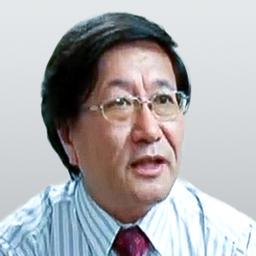Commentary
There are many documents in the history of the Chinese Communist Party (CCP), but there are only a few so-called “historical resolutions.” That tells the significance of these documents.


There are many documents in the history of the Chinese Communist Party (CCP), but there are only a few so-called “historical resolutions.” That tells the significance of these documents.